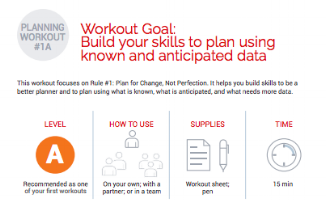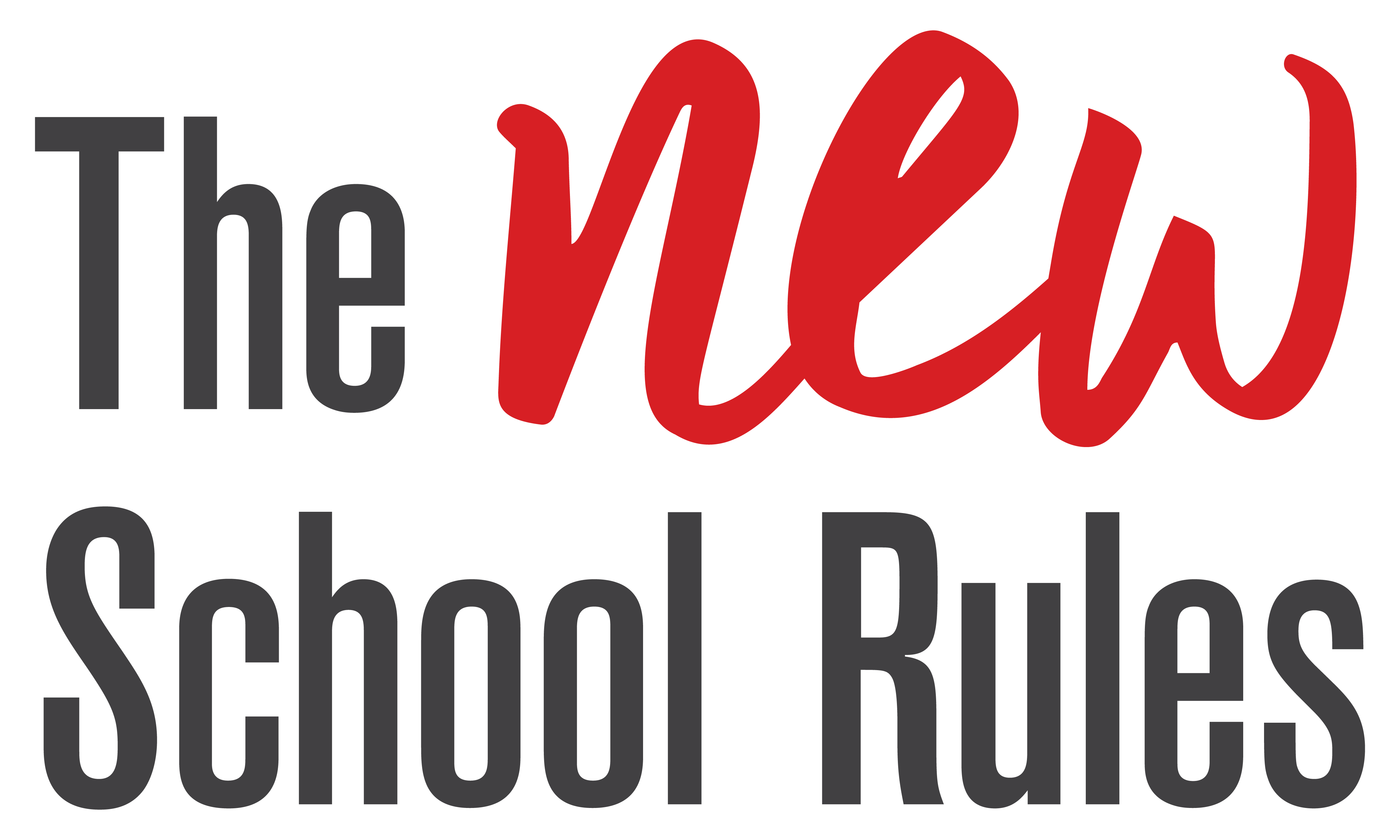PLANNING
Rule #1: Plan for Change, Not Perfection
Focus on planning, not plans
As U.S. General Dwight Eisenhower said, “In preparing for battle, I have always found that plans are useless, but planning is indispensable.” We need to stick vigilantly to our purpose, not the plans we make to get us there. We need to approach planning as a way of thinking, not a set “product” or “plan” that has value in and of itself.

CASE STUDY
Purpose guides us.
A large southeastern county district (100,000 students, 100 schools) embodies the rule: Plan for Change, Not Perfection by developing a clear purpose and vision for their district’s future state, without getting trapped in the traditional model of detailed strategic planning. Their roadmap provided enough structure to ensure that they were “on track” toward annual goals, and also left enough room to respond to school needs as they arose. For more on this case study see the Planning chapter in The NEW School Rules book.

Activities
These activities will help you and your team test out new ways of planning

Planning Workout #1A
This workout focuses on Rule #1: Plan for Change, Not Perfection. It helps you build skills to be a better planner and to plan using what is known, what is anticipated, and what needs more data

Planning Workout #1B
This workout focuses on Rule #1: Plan for Change, Not Perfection. It helps you build skills to be a better planner and to develop plans that have the flexibility to allow for learning and iteration.
Not sure which rules to start with? Take our quiz!
Here’s what we’re reading and writing
Articles, reports, and activities related to The NEW School Rules

Reboot Our Schools
We need to reorganize our schools to mirror our day-to-day lives so formal learning is more relevant to students and the school workplace is more appealing to our teachers.

Chapter #1 Planning
The first chapter of The NEW School Rules focuses on planning and includes an overview of the rule, a district case study, experiments to try, and look-fors related to the rule.

Rethink Consensus
Consensus as a strategy is often overused and misused. Instead of defaulting to consensus, we need to focus on how to get clearer about roles and authority.


